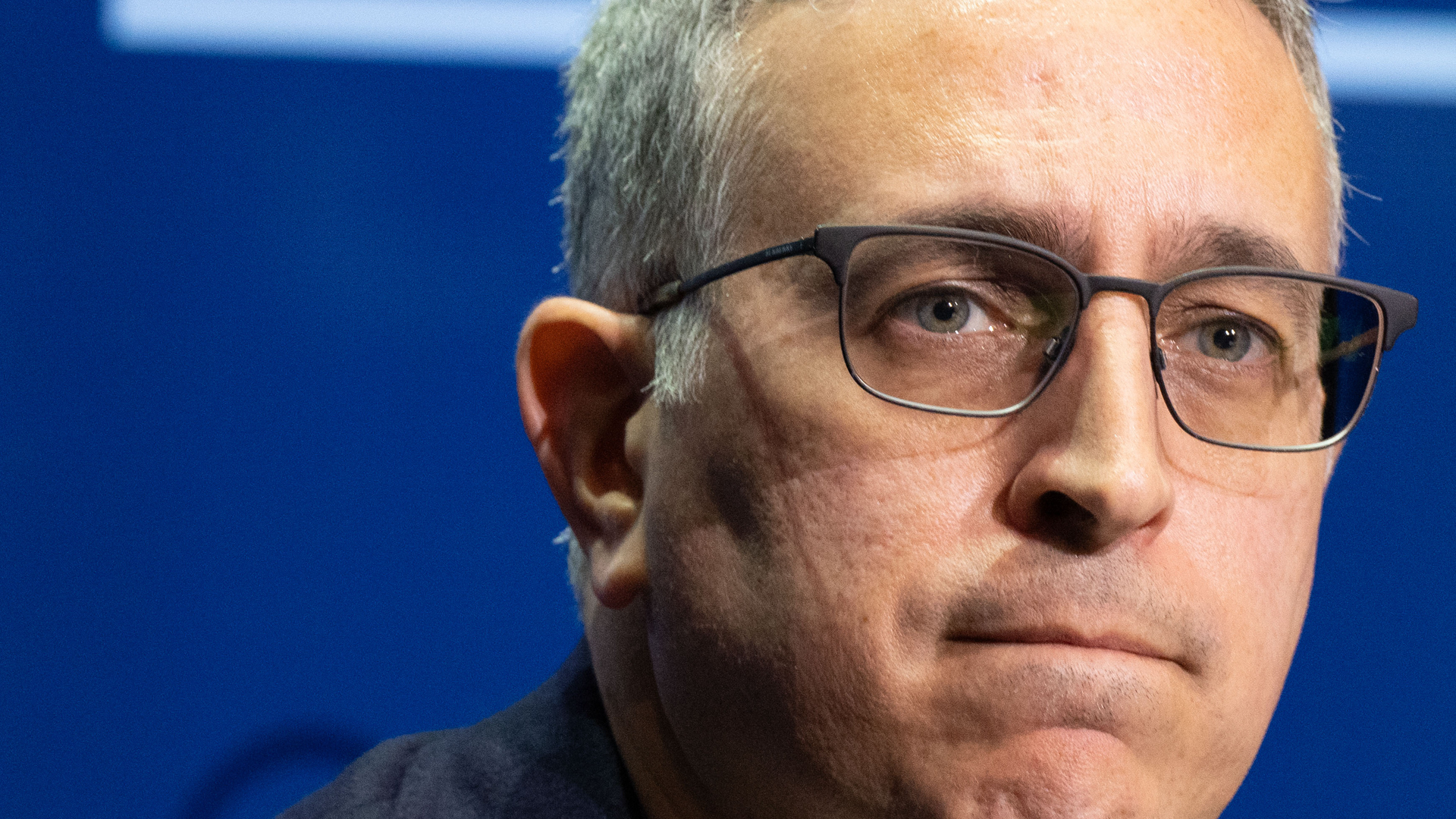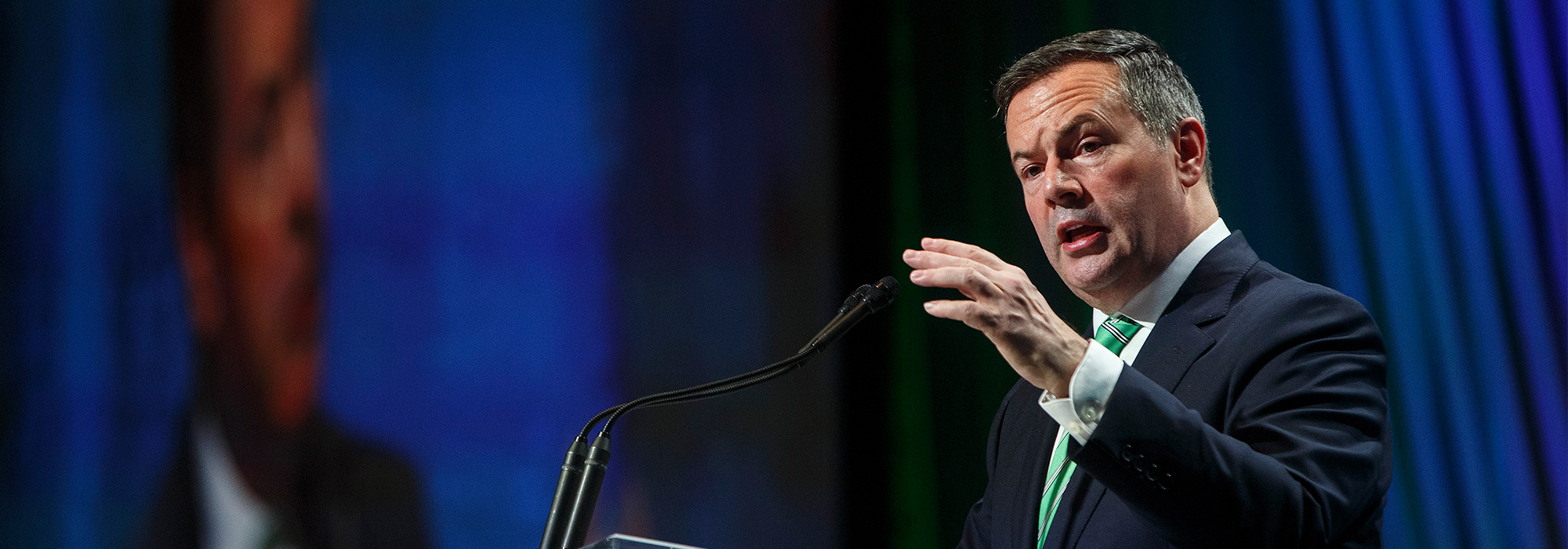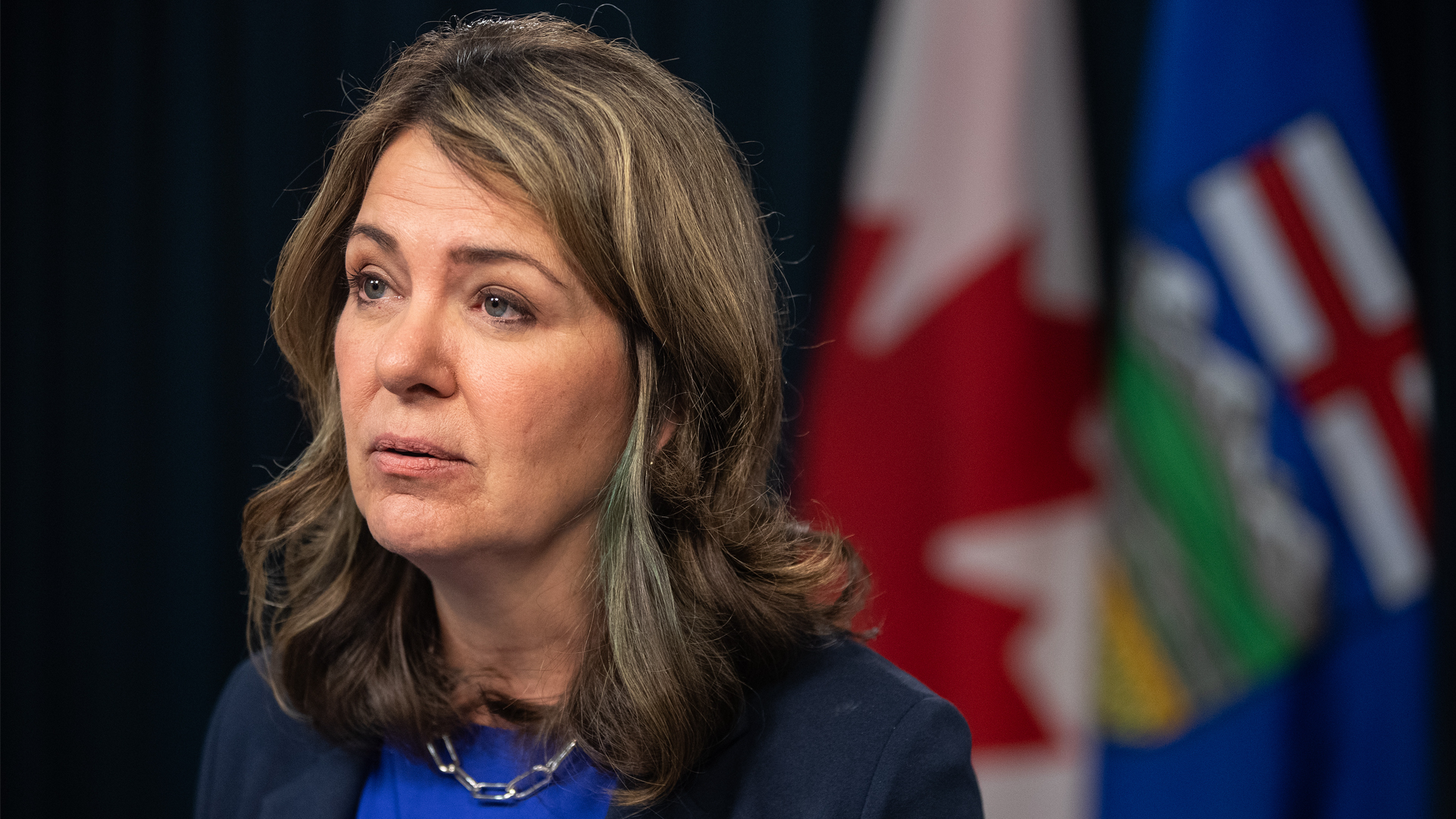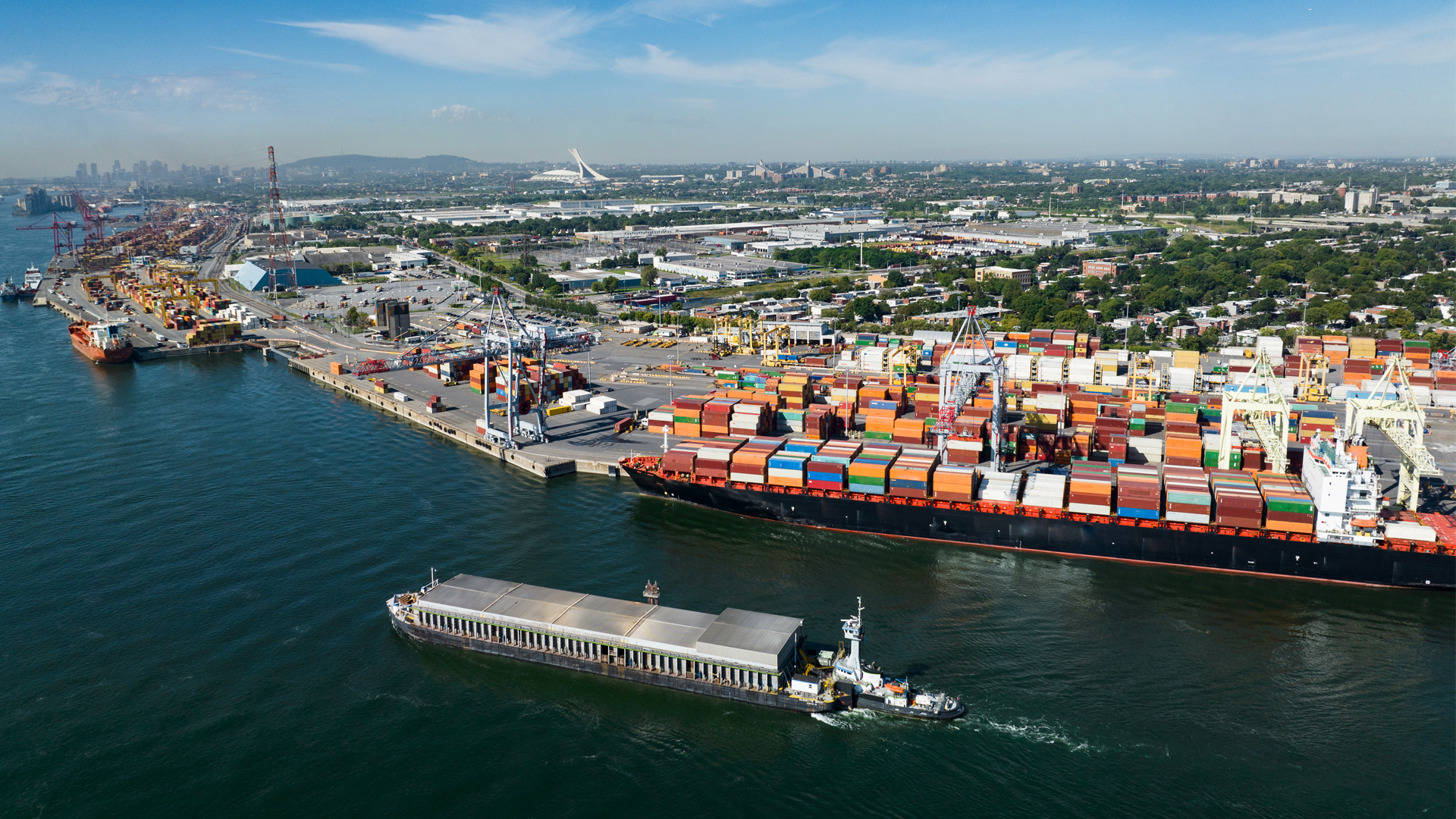
We’re used to hearing Alberta Premier Jason Kenney attack Ottawa in his public remarks. This is simply politics, blaming the federal government during the spring’s provincial election for the province’s sluggish economy. But over the past several months, Quebec has also become a favourite topic for Kenney. He mentioned the province 15 times in a November 9 speech to the Manning Conference, while evoking the legacy of Quebec political leaders Louis-Hippolyte Lafontaine and René Lévesque, who he said “have fought to uphold the foundational provincial economic and constitutional rights within our federation.”
In that speech, Kenney referred back to remarks he had made about the federal government’s much maligned Bill C-69: “Could you imagine at a combustible moment for national unity in Quebec a federal government building, bringing in a bill that would massively injure one of Quebec’s largest industries? It would be unthinkable. (…) I sat around a cabinet…federal cabinet table, and even the slightest potential grievance for Quebec would be a matter of great concern around the federal cabinet table.”
Implicitly, what Kenney is saying is that the federal government should give Alberta the political status it believes Quebec has, a sentiment that embodies what we call “Quebec envy.”
Envy – when we lack something enjoyed by another – plausibly explains Kenney’s focus on Quebec. The policy options that Kenney spelled out in his Manning Conference speech as potential ways to fight for Alberta are typically measures Quebec took decades ago. These options include “whether or not Alberta should pull out of the Canada Pension Plan and form its own plan instead; whether it should create a provincial police force instead of relying on the RCMP for rural policing. . . whether it should opt out of some cost-sharing programs with the federal government.” He also announced the creation of a new panel tasked to provide policy recommendations about how to “achieve a fair deal now for Alberta within Canada.” Consisting mainly of political figures, including former Reform Party leader Preston Manning and five current and former Conservative MLAs, this nine-member panel is explicitly about increasing the policy autonomy and the political power of Alberta within Canada.
This is nothing new: former Alberta premier Ralph Klein proposed something similar about 15 years ago, striking a panel to investigate much of the same policy, only to reject these proposals as not viable or in Albertans’ best interests. In fact, many of the proposals would considerably increase provincial spending or, in the case of pulling out of the Canada Pension Plan, create serious administrative challenges.
Kenney’s Quebec envy seems grounded in resentment towards that province, something particularly apparent when he attacks equalization. Quebec receives it; Alberta does not, primarily because of wealth stemming from natural resources. In fact, according to University of Calgary economics professor Trevor Tombe, Alberta’s capacity to raise its own revenues remains so much above the national average, even after the price of oil declined precipitously in 2014, that “nothing could be changed that would result in Alberta receiving payments. » Moreover, Alberta does not use its fiscal capacity effectively, notably by refusing to create a provincial sales tax like all the other provinces, a move unrelated to equalization policy that could significantly improve the long-term fiscal situation of the province, unrelated to Quebec, and solidly in the purview of Kenney in his role as the premier of Alberta.
Finally, regarding equalization, it is also fair to observe that former prime minister Stephen Harper (and Jason Kenney in cabinet) adopted the current federal equalization formula. Yet back in 2006, oil was booming, so the grounds for stirring up resentment towards Quebec might have been less salient than they are now, with the global collapse of oil prices. This is how Kenney argues for coming back to well-tilled, previously rejected policies: it “is really about asserting the province’s place in the country in the face of opposition to pipelines for its vital oil and gas industry.” And this is the key: Kenney argues that, because Quebec receives funding from the equalization program, it should not have anything to say about policies relating to Alberta’s industry, especially opposition to pipeline projects.
Yet, the economics of equalization are clear, as Tombe has demonstrated. If this cannot be about economics, then it must either be about fooling some Albertans into thinking that it is, through expressive grievances towards Quebec. Kenney’s emphasizing the fact Quebec receives equalization payments adds another “grievance” to the list.
Again, this is not new. One of Kenney’s current panel members, Preston Manning, spent much of his early days building the Reform Party focusing on how “the West” should have as much power as Quebec. Part of this rests on fighting the notion that Quebec is “special” and thus does not merit any “special” treatment. This sentiment is echoed in other research about Western Canada: the issue is really about regional resentment towards Quebec, not about what Quebec leaders say or do. In the West, this resentment dissipated during the last boom, perhaps because the wealth generated from it ensured the sense of power that some clearly crave. But that wealth did not give Alberta supremacy over the Canadian federation, just as credible threats of separation did not give Quebec that supremacy, either.
After global prices for oil collapsed in 2014, it’s certainly understandable why many Albertans, including their leaders, are disappointed, angry, and afraid, especially in the face of a dizzying number of budget cuts recently enacted in the province. From our perspective, Kenney’s political weaponization of equalization is both a symptom of Quebec envy and a deliberate strategic tool meant to tap into regional and partisan resentment. It is working, at least with the #Wexit crowd, who rail against “liberal supremacy” but also claim that “We’re going to build our pipeline and Quebec is going to pay for it.” Both sentiments, in our view, highlight the consequences of partisan and regional polarization deployed in Kenney’s political strategy.
Despite these dangers and other difficult and unpopular questions within the province, such as Alberta’s unused fiscal capacity beyond natural resource revenue or a potentially negative future outlook for fossil fuels, it is easier for Kenney to blame Quebec and the federal government for the province’s current frustrations. The trouble is that while Kenney’s rhetoric about Quebec is a politically effective distraction inside the province, it really doesn’t work outside of it, in the rest of Canada. And, for those who claim that the key for Alberta to capitalize on this Quebec envy is a credible threat of separation, they would do well to remember whether their own reactions to Quebec’s secession referenda were positive and generous.
At the end of the day, all of the Quebec envy present in Kenney’s rhetoric cannot change the reality that politics features constraints. Some constraints are imposed on us through things like the Constitution; other constraints are the result of ability (or inability) to persuade others to agree with, say, a province’s dominant political views. Still others rest with one’s own political choices, and those can either ease or exacerbate existing constraints. Albertans should ask whether these choices on the part of the premier – including his use of Quebec envy – helps the province bring about real policy change.
Photo: Alberta Premier Jason Kenney speaks at the Rural Municipalities of Alberta conference in Edmonton Alta, on November 15, 2019. THE CANADIAN PRESS/Jason Franson
Do you have something to say about the article you just read? Be part of the Policy Options discussion, and send in your own submission. Here is a link on how to do it. | Souhaitez-vous réagir à cet article ? Joignez-vous aux débats d’Options politiques et soumettez-nous votre texte en suivant ces directives.








